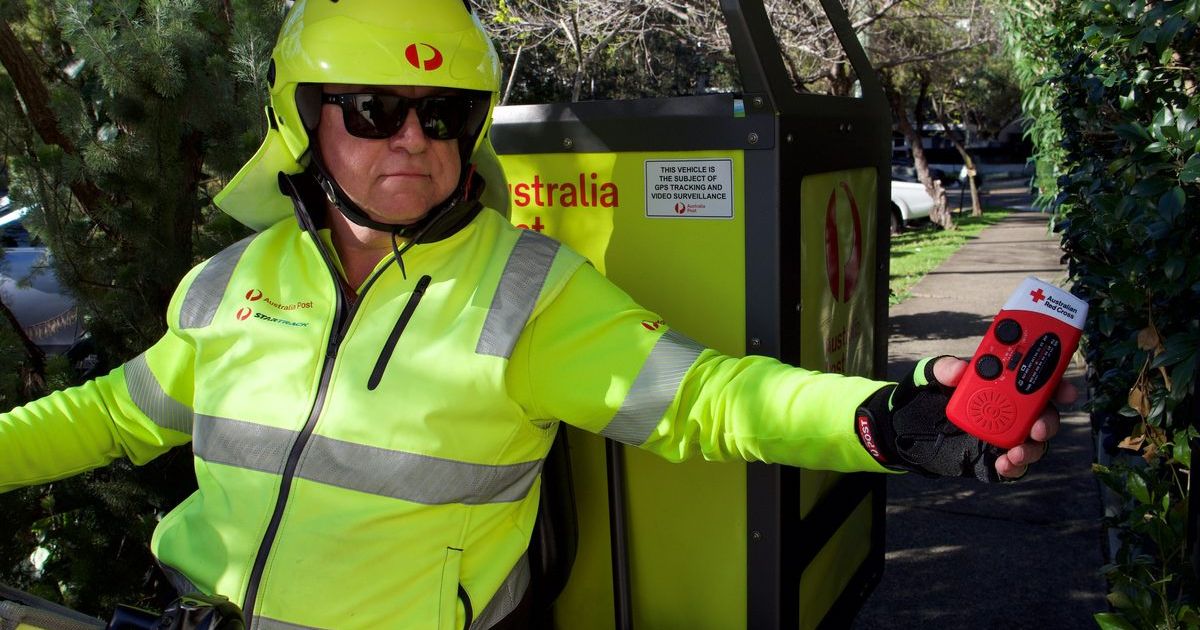How to Prepare for a Crash in the Australian Dollar

Prepare for a falling Australian dollar with expert advice, investment diversification, and smart financial planning.
As Australians, drops in the Aussie dollar are something to be wary of, as its impact on our daily lives is felt quickly. But when it starts wobbling, or worse, crashing, it can hit everyday Aussies hard — whether you’re planning a holiday abroad, running a business or just trying to save a bit extra each month, Aussies are already doing it tough without a further strain to the economy.
It’s impossible to predict what will happen to our currency over 2025, with experts estimating change in both upwards and downward directions, but there’s no telling what (or when) that will happen. However, the recent drop in the Australian Dollar following the US election results has raised eyebrows for Australians across the nation. Global uncertainty, fluctuating interest rates, and market volatility can all trigger a crash, leaving many Australians feeling unprepared and worried about what the future holds. But don’t panic, with a little savvy planning and the right information, you can soften the blow and keep your finances on the right track.
Here’s what you need to know to brace for a possible fall in the Australian dollar.
-
Seek Guidance from the Experts
When it comes to navigating financial uncertainty, a good rule of thumb is: don’t go it alone. There are just too many factors influencing the economy to not seek second opinions. Whether you’re making big investment decisions, managing debt or wondering if now’s the time to stash more cash into a savings account, speaking to a professional can make all the difference. A financial advisor in Melbourne, for example, can offer you tailored advice based on local insights, global trends and YOUR unique circumstances, since there isn’t a “one size fits all” solution to finances.
Why Melbourne specifically? Well, it’s Australia’s financial hub, and advisors here often have a finger on the pulse of market movements both at home and overseas. They can help you create a strategy to diversify your investments, minimise risks and even leverage currency fluctuations in your favour. Plus, having an expert in your corner means you’re less likely to make emotionally driven decisions — which is crucial during times of economic turbulence.
If you’ve never worked with a financial advisor before, now’s the perfect time to start. Look for someone qualified, transparent about fees and who takes the time to understand your goals. Think of it as hiring a coach to keep your financial game strong no matter what comes your way.
-
Diversify Your Investments
When the dollar starts dipping, having all your eggs in one basket — especially if that basket is tied to a single country or currency — can spell trouble. This is why diversifying your investments is one of the smartest ways to protect your wealth from unexpected hits.
Start by spreading your money across different asset classes, like shares, property and bonds. If you’ve already got an investment portfolio, it might be worth reviewing it to ensure you’ve got a good balance of domestic and international exposure. For example, investing in companies or funds that operate in stronger currencies like the US dollar or euro can act as a natural hedge.
And don’t worry, you don’t need to be a Wall Street wizard to diversify. There are plenty of beginner-friendly tools and platforms to help you get started. Just remember: diversification isn’t about chasing high returns — it’s about managing risk. A well-balanced portfolio can help keep your finances steady, even if the Australian dollar takes a nosedive.
-
Strengthen Your Emergency Fund
A recession or a currency collapse doesn’t only hit investments — it can hit your daily expenses as well. If the dollar drops drastically, things such as petrol, groceries and travel costs could shoot up. And this is where an emergency fund can be your financial safety net.
Aim to save at least 3-6 months’ worth of essential expenses in a high-interest savings account or an easy-access term deposit. Keep in mind that this emergency fund is not only about paying surprise bills: It’s about providing breathing room if your budget suddenly tightens.
A pro tip? Keep your emergency fund in Australian dollars. While diversifying investments might mean holding assets in different currencies, your day-to-day living costs are still in AUD. Having a decent buffer in your local currency ensures you can weather short-term challenges without needing to dip into investments at the wrong time.
-
Get Smart About Foreign Exchange
If you have international financial commitments — like servicing a loan in US dollars or regularly sending cash to family overseas — a falling Aussie dollar can be a headache. Luckily there are ways to stay ahead of the game.
Start by using tools like forward contracts or currency hedging options, which allow you to lock in an exchange rate for future transactions. These tactics can also be helpful if you’re considering making a big-ticket purchase abroad, like property or tuition fees.
For everyday transfers, look for online platforms offering competitive rates and low fees. Big banks aren’t always the most cost-effective option, so doing a bit of research could save you a small fortune in the long run. And if you’re an online shopper who frequently splurges on international brands, consider using a multi-currency card to avoid unnecessary exchange fees.
-
Review Your Debt Situation
Debt can become an even heavier burden if the economy takes a hit, especially if you’re dealing with variable interest rates or foreign currency loans. Now is a good time to evaluate your debt and determine whether there are opportunities to refinance, consolidate or pay down high-interest loans more quickly.
If you have a mortgage, talk to your lender about locking in a fixed rate. While fixed rates can be slightly higher upfront, they provide stability in uncertain times, ensuring you’re not caught off-guard by sudden rate hikes — something Aussies are far too familiar with. Your student debt may have reduced significantly if you’ve been paying it off through your taxes, or it might have even been cut by the government.
The key is to stay proactive. Ignoring your debt when the economy is shaky is like ignoring a leaky roof during a storm — it’s only going to get worse before it comes crashing down. Addressing it head-on will put you on firmer financial ground, no matter what the dollar does.
-
Keep an Eye on the Bigger Picture
Finally, bear in mind that currency movements are merely one part of a wider economic picture. The Australian dollar is affected by everything from commodity prices and trade relations to geopolitical happenings globally. Being aware of what’s happening is good, but don’t let short-term headlines send you into a panic.
Instead, focus on your long-term financial goals. Are you saving for a house deposit, building your retirement fund or planning to start a business? Use these goals as your North Star and make decisions that align with them, regardless of market noise. It’s also worth remembering that the economy works in cycles. What goes down must (eventually) come back up and the best way to weather the storm is to remain calm and prepared.
Final Thoughts
A plunging Australian dollar doesn’t have to spell disaster for your wallet. By seeking advice from experts like a financial advisor in Melbourne, diversifying your investments and padding your emergency fund, you’ll be better prepared for whatever may come. Add in some foreign exchange tactics and a proactive approach to debt, and you’ll have a solid plan to keep your finances steady even when the economy isn’t.
So if there is a sudden crash in the Aussie Dollar, take a deep breath, get prepared and remember: a little planning now can save you a lot of stress later.


















